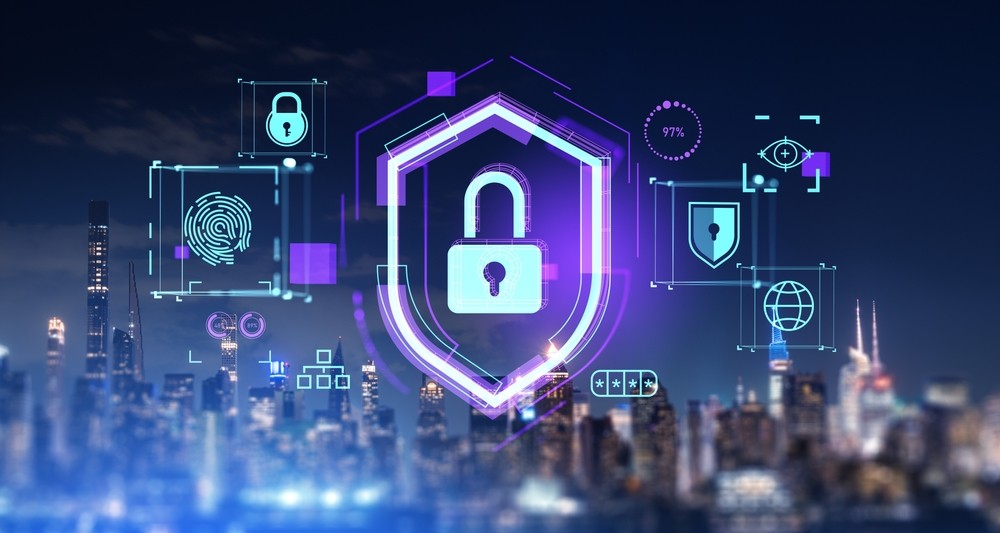As the end of 2024 – coined “the election year” by TIME Magazine – is approaching, the priorities of the world’s future leaders are more important than ever. One issue that should be making every leader’s priority list is cybersecurity.
With over 50% of businesses having experienced a form of cyberattack in the last year, and the predicted costs of global cyber breaches set to increase $6.4 trillion by 2030, the situation is concerningly becoming more severe. The manner in which national governments approach this challenge – whether it concerns tighter regulations or increased investments – is significant.
So what focuses should our world leaders have to strengthen cybersecurity resilience?
1. Higher standards and tighter regulations
Between the implementation of regional data and security regulation (e.g. GDPR and NIST), there have been several steps taken towards providing greater cyber protection. However, to ensure that comprehensive measures are provided on a global scale, coordination across nations is needed. This could include curating a shared plan of action to tackle cybercrime, sharing information and data, and setting cohesive global targets and standards for businesses worldwide. Without the presence of a unified approach, regulatory loopholes are likely to appear, serving only the cybercriminals.
This collaborative mindset is also essential when tackling international enforcement challenges. For instance, in the EU, cross-border enforcement continues to be a persistent challenge, as the European Parliament strives to align the responses of member states. This highlights the broader difficulty of ensuring cooperation and the value of a united approach in regulation and enforcement.
2. AI against cyberattacks
Strong cybersecurity requires more than just tightened regulations, however. Investment in cutting-edge technologies is crucial to keep up with increasingly sophisticated cybercriminals. Artificial intelligence can prove to be both an asset and a challenge, especially with the rise of AI-powered malware. In order to stay ahead, world governments must adopt advanced technologies, much like the private sector, which has already made significant progress in this area.
While the EU’s AI Act, which came into fruition this summer, is a promising step forward, a global joint effort is necessary to fully leverage AI’s potential in cybersecurity. Equally important is fostering greater collaboration and information sharing between governments and the private sector. As with cybersecurity standards and regulations, this collaborative international approach is key in optimising the use of AI.
3. Developments in quantum computing
Quantum computing, like AI, is advancing swiftly, with much of the research driven by the private sector. Governments need to support the most promising technologies, as quantum computing, once viable, will undoubtedly bring a new wave of cybersecurity risks. In order to combat these challenges, a proactive, rather than reactive, approach is significantly more effective. Quantum computing could fundamentally alter the landscape, and without proper preparation, the consequences might be severe.
4. Larger, more specialised cybersecurity workforces
A further challenge in the cybersecurity industry is the severe talent gap, causing a serious impact on organisations’ ability to provide effective protection from breaches. In 2023, it was reported that 50% of all UK businesses have a skills gap in basic cybersecurity, and there has been little development since 2021.
Whilst there are some interventions out there (e.g. the UK’s TechTeen initiative, supporting young people in entering technology careers), governments should be taking a more active role in developing the cybersecurity workforce. The answer is as simple as providing funding to these initiatives, or even resources and support directly to educational programs. A common theme is the disparity between what education systems are teaching and the skills needed for the cybersecurity careers of the future. Investment and collaboration between governments, the private sector and educational institutions is essential for expanding career and training initiatives to educate and encourage the young people of today.
5. Increased collaboration and information transfers
One of the key themes that intertwines all these focuses for our world leaders is that of increased collaboration and information sharing. Strong cybersecurity interventions rely on efficiently sharing key information to ensure that processes can be coordinated across the world, especially when trying to prevent large-scale attacks. And it’s not only collaboration between governments that’s necessary; improving communication with private sector businesses is also essential. While certain government information must remain confidential, there is still potential to share more non-sensitive data that could enhance security.
Effective threat intelligence relies on a balanced exchange of information among all parties, ensuring that everyone can benefit from shared insights and respond quickly to emerging threats. Naturally, this goes both ways – private sector businesses must also be willing to contribute to the cybersecurity efforts of the public sector. Overall, this open collaboration across governments and sectors is at the core of each strategy that world leaders should consider to combat cyberattacks.
As new world leaders enter office, they will face numerous competing priorities, but cybersecurity must remain a top concern despite the pull to more immediately actionable changes. With “the election year” entering its final quarter, it's imperative for incoming governments to invest in measures that will benefit the global community.
Despite these challenges, there is reason for optimism. Governments that take a proactive approach and collaborate closely with the private sector can become a powerful force for positive change, especially as cybersecurity risks continue to grow. When done right, these partnerships can foster greater confidence in the stability and resilience of our interconnected societies, ensuring they function with minimal disruption.




